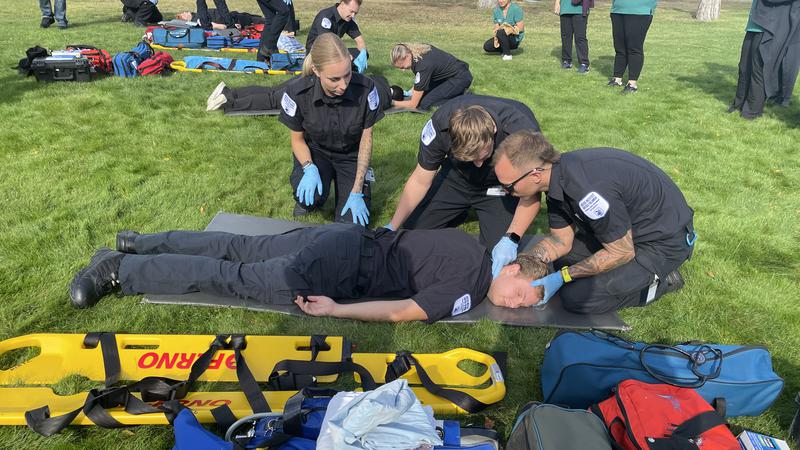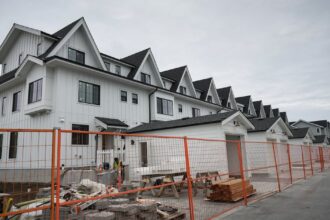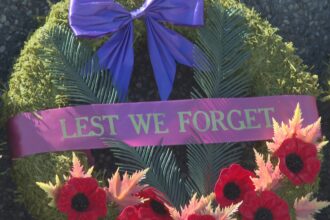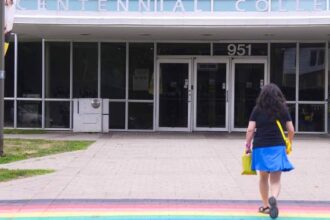In a significant boost to emergency healthcare training in the Interior region, Okanagan College has officially launched its first Primary Care Paramedic (PCP) certificate program at its Vernon campus. The inaugural cohort of 20 students began their training this week, marking a crucial step toward addressing the critical shortage of paramedics throughout British Columbia’s Interior.
“This program represents more than just educational expansion—it’s a direct response to an urgent community need,” said Neil Fassina, President of Okanagan College, during the program’s opening ceremony. “By training paramedics locally, we’re creating a sustainable pipeline of emergency medical professionals who understand the unique healthcare challenges of our region.”
The 8-month intensive program combines classroom theory with hands-on clinical practice, preparing students to provide life-saving emergency medical care in both urban and rural settings. Students will learn everything from basic patient assessment to advanced pre-hospital care techniques, with specialized training for the geographic and demographic challenges specific to Interior communities.
The program’s launch comes amid growing concern over ambulance response times in smaller communities. According to BC Emergency Health Services data, rural areas have seen response times increase by 18% over the past three years, with staffing shortages identified as a primary factor.
Provincial Health Minister Adrian Dix, who attended the launch virtually, emphasized the government’s commitment to improving emergency healthcare access. “Having locally trained paramedics who understand the unique challenges of Interior communities is essential to our healthcare strategy,” Dix noted. “These professionals are more likely to remain in the communities where they train, creating lasting healthcare stability.”
The program’s development resulted from a collaborative effort between Okanagan College, BC Emergency Health Services, and local healthcare stakeholders. Students will complete clinical placements with BC Ambulance Service units throughout the region, gaining real-world experience in the communities they may eventually serve.
For Vernon resident and program student Sarah Leighton, the local training opportunity represents a career pathway previously out of reach. “I’ve wanted to become a paramedic for years, but relocating to Vancouver or Victoria for training wasn’t possible with my family commitments here,” Leighton shared. “Having this program in Vernon means I can pursue my passion while remaining rooted in my community.”
The college plans to expand the program to 24 seats next year, with additional specialized training modules for rural emergency response. Program graduates will be eligible for provincial licensing examinations and can expect strong employment prospects, with BC Emergency Health Services projecting a need for over 400 new paramedics across the province by 2026.
As our communities continue to grow and emergency service demands increase, will locally trained paramedics be the key to ensuring equitable access to emergency healthcare across British Columbia’s diverse geographic landscape?










